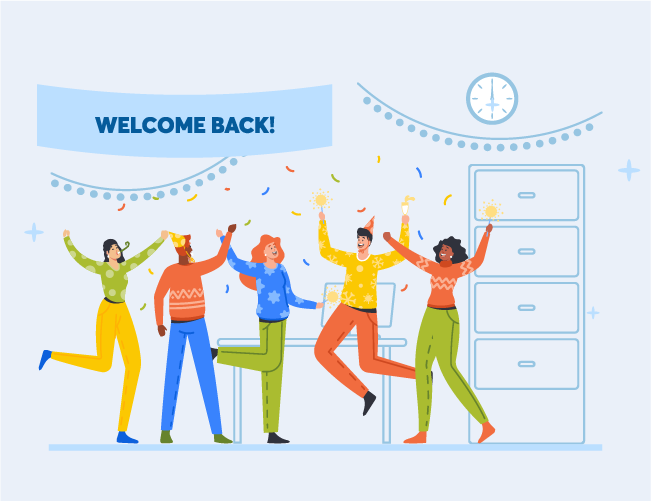LinkedIn: Human Resources Leads All Professions In Turnover
Human resources leads all professions in turnover for the last 12 months, topping the average for all roles by four percentage points. Learn why this is so shocking.
Coinbase Piloting Employees Giving Each Other Real-Time 👍 Or 👎
Following in the steps of Bridgewater Associates, Coinbase is piloting an employee feedback system that will have colleagues giving each other feedback in real-time.
Toxic Positivity Cultures
An emphasis on positivity can become “toxic” when used as the sole response to employees’ negative thoughts or feelings. Learn about the importance of accepting negative feelings in the workplace and explore how to address toxic positivity.
Can Flexible Work Decrease Organizational Joy?
A recent study found working during off-hours can lessen motivation and work enjoyment. Learn how this impacts flexible work arrangements.
Gallup Poll: 24% Of Workers Believe Their Employer Cares About Their Well-Being
Though investments in wellness solutions are rising, employees feel their employers care less about their well-being than they did at the beginning of the pandemic.
Employers Implementing Return-To-Work Perks
From concerts to massages to pet stipends, employers are updating their perks to support a return to the office.
Offices Facilitate Unplanned Conversations (So Can Virtual Settings)
Learn how offices promote fluid impromptu discussions and what can be done to replicate these conditions in virtual environments.
Why Bad Meetings Are Irresistible (And How to Make Them Better)
Though indispensable, companies often schedule far more meetings than necessary. Learn about the psychological tendencies that foster bad meetings and explore how to optimize genuinely essential meetings.
Pew Study Finds Work Is A Top Source Of Meaning
According to a Pew Research Center survey, work is the second most common source of meaning, falling just behind family and children. But what makes work meaningful? Explore the latest research and discover the factors that foster meaningfulness in the workplace.




.png)






